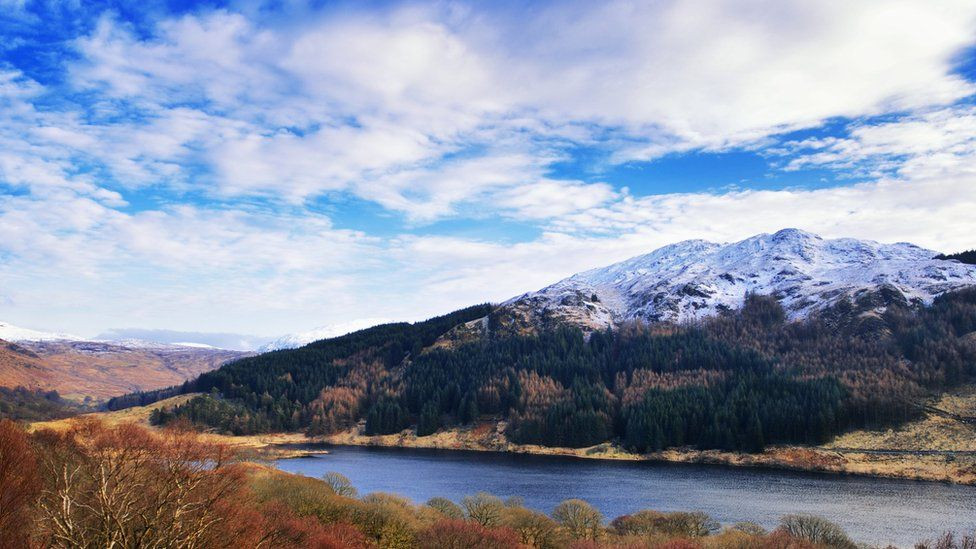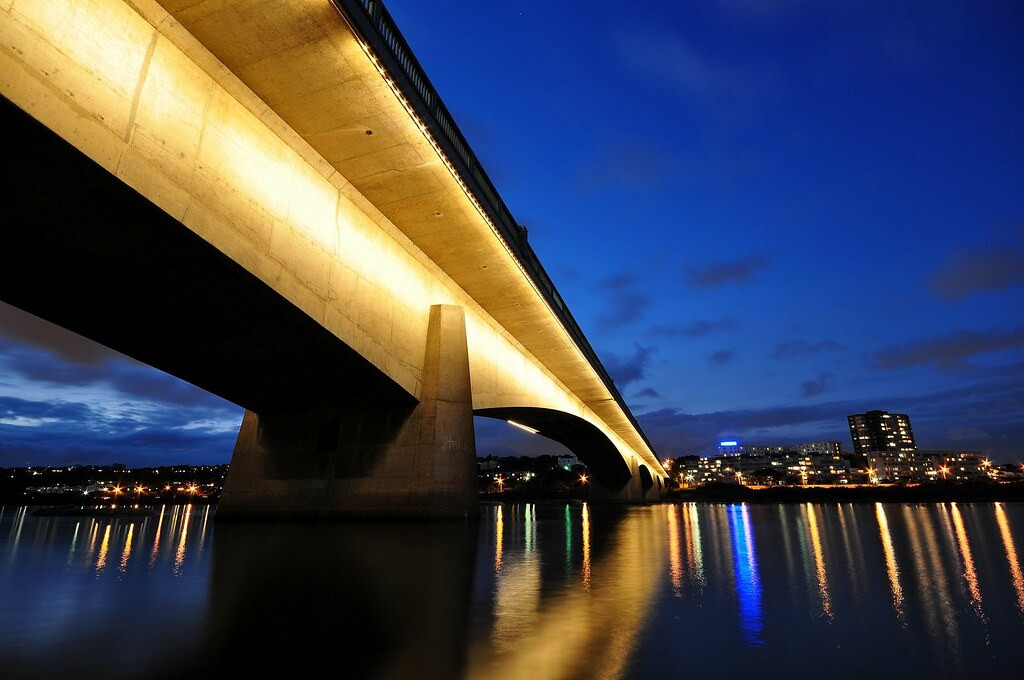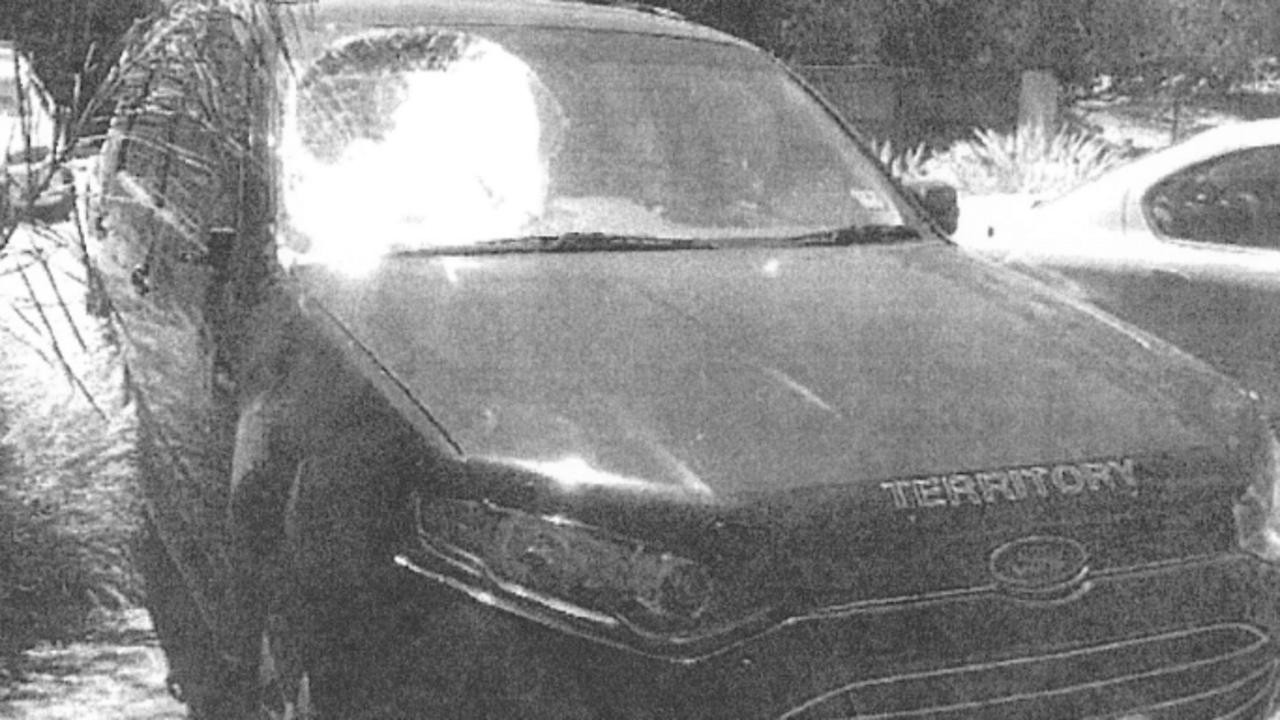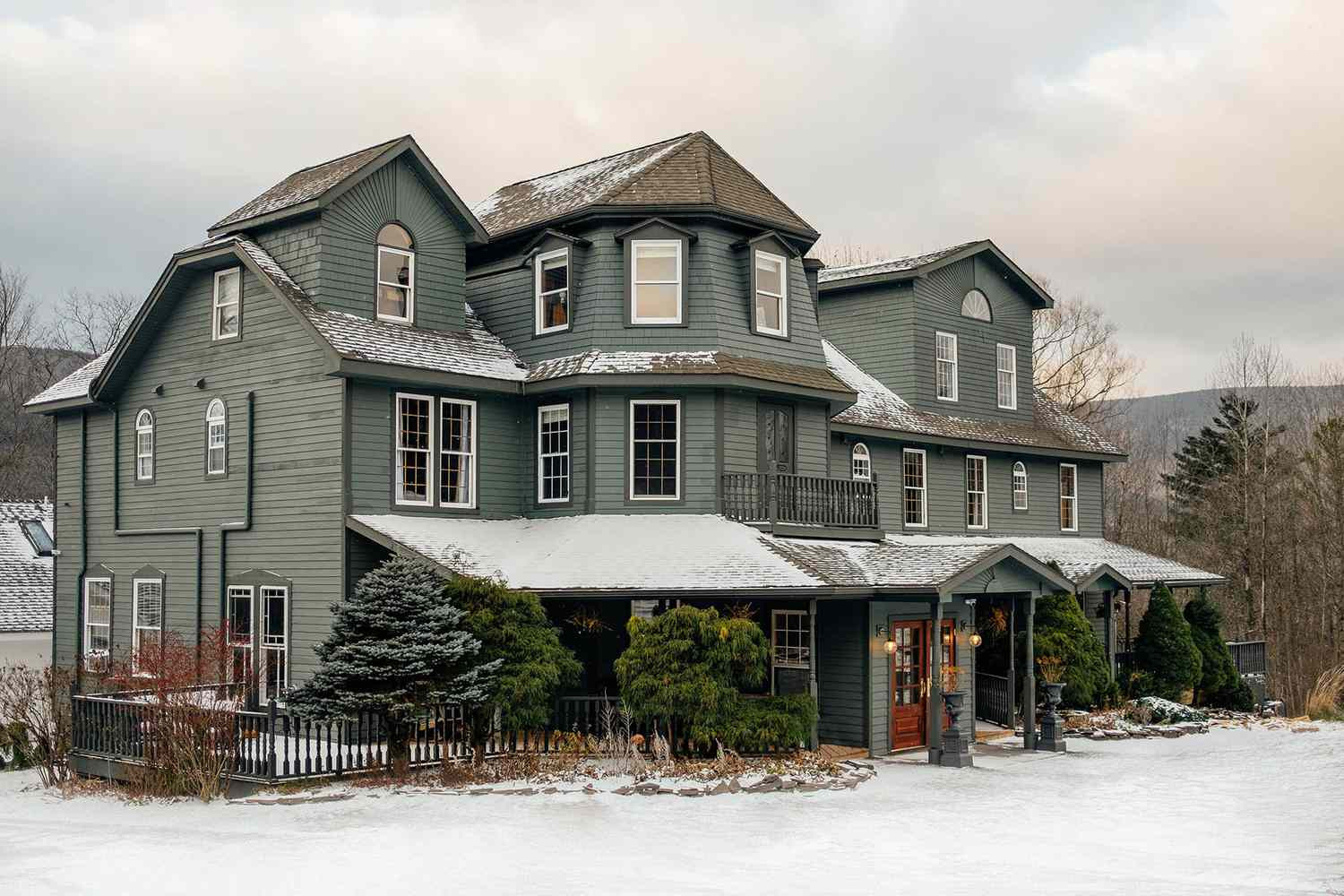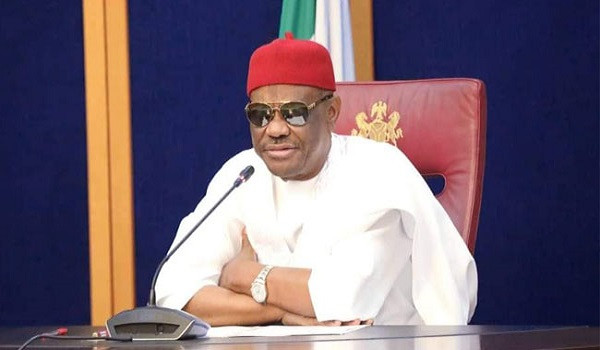Galloway National Park Referendum: A Community Divided
Councillors in Dumfries and Galloway have ignited a fiery debate by voting to urge the Scottish Government to hold a local referendum on proposals to create Scotland's third national park in Galloway. This decision comes despite the Scottish government's prior rejection of a local ballot, highlighting the deep divisions within the community regarding this significant development.
The Vote and its Aftermath
The vote itself was a close call, with 24 councillors voting in favour of the referendum and 13 against, with two abstentions. The motion, tabled by Councillor Dougie Campbell, emphasized the need for local voices to be heard on an issue with such far-reaching consequences. The motion argued that the ongoing NatureScot consultation was insufficient and divisive, failing to fully capture the range of opinions within the community. This sentiment was echoed by many local residents, further fueling the call for a referendum.
Public Opinion and the Consultation
The proposal to establish a national park in Galloway has generated considerable controversy. While supporters emphasize the potential economic benefits for the region – boosting tourism and creating jobs – opponents raise concerns about rising house prices, straining transport infrastructure, and the potential disruption to the local community. The current NatureScot consultation, while attempting to gather public opinion, has been criticized by some for being biased or insufficient, adding fuel to the calls for a more direct democratic process. One resident, Tammie Kirk, initially supported the idea after attending an informational meeting, but changed her mind after researching the potential negative effects on local residents.
Referendum Debate: Arguments For and Against
The push for a referendum is fueled by a desire for greater transparency and direct democratic involvement. Supporters argue that such a significant change, impacting generations to come, deserves a clear and direct mandate from the local populace. They emphasize the importance of local democracy, community empowerment, and ensuring that the community's voice is heard before any final decision is made by the Scottish Government. The call for a vote was not universally supported. Many believe that the existing consultation adequately addresses public concerns and that a referendum would be a costly and unnecessary duplication of effort, potentially further dividing the community. Rob Lucas, chairman of the Galloway National Park Association, stated that the current consultation, reaching 52,000 households, largely duplicates what a referendum would achieve.
The Government's Stance
The Scottish Government, under Rural Affairs Secretary Mairi Gougeon, has already rejected the idea of a referendum, emphasizing that the ongoing consultation will provide ample opportunity for public input. The government maintains that the consultation's design incorporates questions directly relevant to the desire for a national park and will inform their decision-making process. However, critics argue that the consultation's format is insufficient to capture the full spectrum of public opinion, rendering a referendum a more equitable approach. The First Minister, John Swinney, while acknowledging concerns, has reiterated the government's commitment to listening to all sides of the debate before making a final decision. He highlighted that the consultation period is set to conclude in February.
The Road Ahead: Uncertainty and Division
The situation in Galloway remains deeply divided. The council's vote to demand a referendum underscores the intensity of feeling among many residents, who believe a direct democratic process is crucial. Conversely, those who oppose a referendum believe that the current consultation is a sufficient tool to gauge public opinion. The Scottish Government's stance remains unchanged, but the debate is far from over. The coming months will be crucial as the government weighs the outcome of the consultation, considers the council's demands and makes a final decision on whether to proceed with designating Galloway as Scotland's newest national park. The future of Galloway, and its unique landscape, remains suspended in a state of uncertainty, hanging in the balance between development and preservation, local decision-making and national policy.
Awaiting the Verdict: What Next?
The path forward is still unclear. The Scottish Government will carefully consider the results of the current consultation, a process that will involve weighing the considerable and diverse feedback received from the public. The council’s motion is a strong statement, emphasizing the community’s desire for greater say in their future, but the government’s response will ultimately determine whether a referendum will take place. Whether or not the decision aligns with the desire for a local democratic process will have significant implications not only for Galloway but also for future National Park designations across Scotland. The ongoing debate serves as a case study in the complexities of balancing local community interests with national policy objectives.




